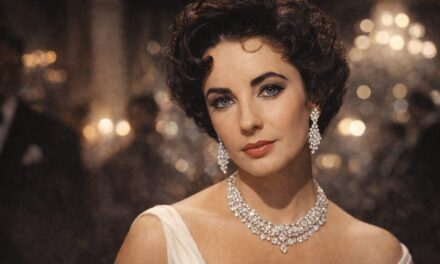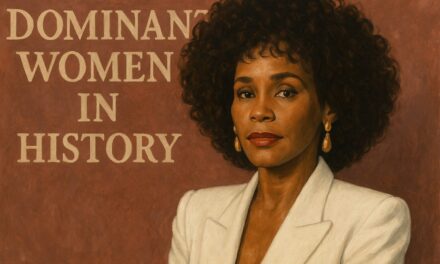
The Warrior Queen Who Turned the Tide in The Anarchy

Matilda of Boulogne: The Queen Who Dominated a Kingdom in Turmoil
Matilda of Boulogne (1105–1152) was a queen, countess, and political powerhouse who played a pivotal role in one of England’s most turbulent periods, known as The Anarchy. As the wife of King Stephen of England, she wielded political and military influence with remarkable skill, shaping the course of a civil war that pitted her husband against Empress Matilda, the daughter of Henry I. Matilda of Boulogne’s ability to command armies, broker alliances, and assert authority marked her as one of the most dominant women of her era.
A Marriage of Power
Born into the noble House of Boulogne, Matilda was the daughter of Eustace III, Count of Boulogne, and Mary of Scotland. Her heritage combined the influential Norman and Anglo-Saxon royal lines, making her a valuable political figure. In 1125, she married Stephen of Blois, who later seized the English throne after the death of Henry I in 1135, despite the latter’s designation of his daughter, Empress Matilda, as heir.
As queen, Matilda of Boulogne proved an indispensable partner to Stephen. She was not a passive consort but an active ruler, working tirelessly to secure her husband’s claim to the throne and the stability of their reign.
The Warrior Queen
When The Anarchy erupted—a civil war between Stephen and Empress Matilda—Matilda of Boulogne emerged as a force to be reckoned with. Her most remarkable moment came in 1141, after her husband was captured at the Battle of Lincoln. Rather than accept defeat, Matilda rallied Stephen’s supporters, raised an army, and led the fight to restore his freedom.
She besieged Empress Matilda’s forces in Winchester and orchestrated the capture of Robert of Gloucester, the Empress’s most powerful ally. This masterstroke of strategy forced a prisoner exchange, securing Stephen’s release and reviving his claim to the throne. Matilda’s leadership during this critical juncture earned her the respect of nobles and soldiers alike, cementing her reputation as a formidable and decisive queen.
Diplomacy and Dominance
Matilda of Boulogne was not only a warrior but also a skilled diplomat. She used her influence to secure alliances and maintain loyalty among England’s fractious barons. Her role in governing extended beyond the battlefield; she oversaw royal administration, distributed patronage, and managed estates with efficiency.
Her actions demonstrated a profound understanding of power dynamics, both political and personal. She balanced firmness with pragmatism, ensuring her husband’s reign endured despite ongoing challenges. Her ability to navigate the complexities of feudal England showcased her dominance in a world that often sought to limit the authority of women.
Legacy of Strength and Loyalty
Matilda of Boulogne’s life was defined by her unwavering commitment to her husband, her family, and the kingdom. Her efforts helped Stephen retain the throne until his death in 1154, despite the chaotic backdrop of civil war. She ensured a legacy of stability by securing her son Eustace’s inheritance of Boulogne, though his premature death prevented him from succeeding his father as king.
Matilda’s role in The Anarchy underscores her as one of the few women of her time who commanded both military and political power. Her leadership, resilience, and strategic acumen earned her a place in history as a queen who dominated during one of England’s darkest and most chaotic eras.
An Enduring Example of Female Leadership
Matilda of Boulogne’s story is a testament to the strength and resourcefulness of women in history who refused to be overshadowed. Her ability to lead armies, broker deals, and command respect in a male-dominated world makes her a compelling figure of dominance and influence. She remains a symbol of perseverance, loyalty, and the quiet yet undeniable power of a queen determined to shape her destiny.

















































Latest Comments